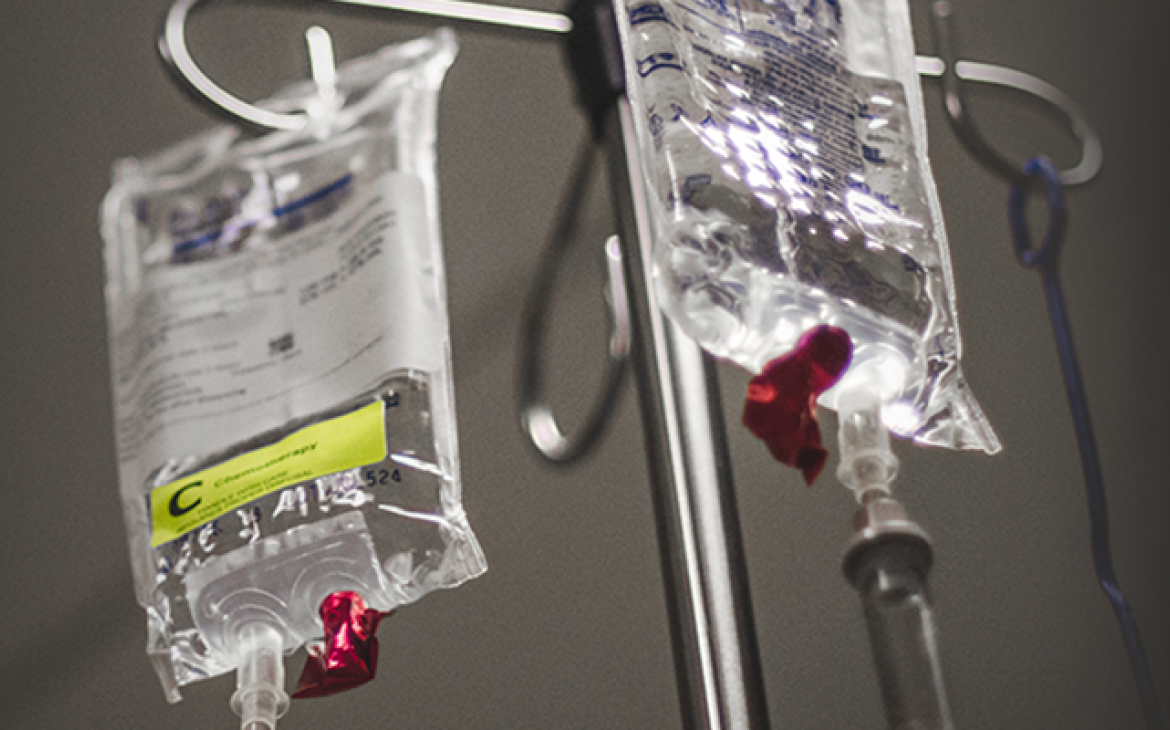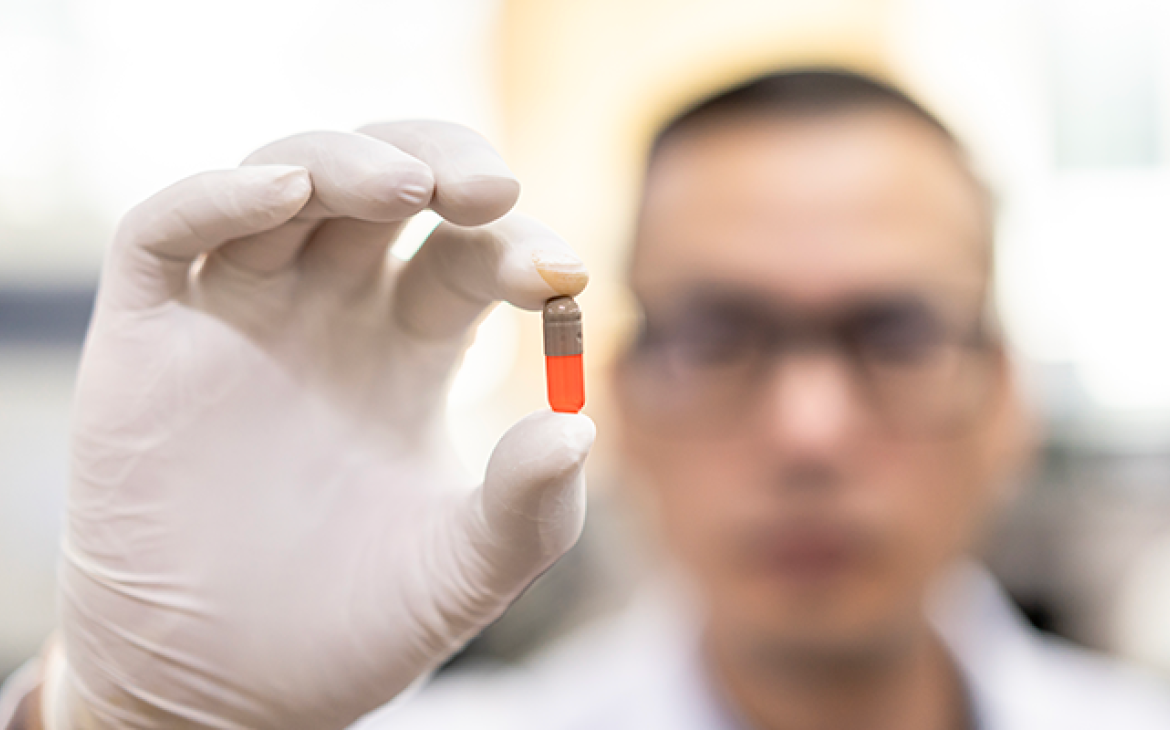
Pharmaceutical and other healthcare innovations have extended and improved countless lives in recent decades. Today, advanced manufacturing technologies such as pharmaceutical continuous manufacturing (PCM) are gaining increasing stakeholder interest for their potential to serve as one more way to improve global health by bolstering medicines supply chain resilience. However, obstacles to industry adoption remain. Recognizing the need, USP is working to lower technical and knowledge barriers to PCM adoption through quality-focused solutions. These include standards, R&D analytical solutions, and related programs that can help manufacturers ensure quality is built-in from the start.
Obstacles define critical industry needs
As medicines supply chain challenges underscored by the COVID-19 pandemic have raised increasing concerns about over-reliance on the sourcing of drugs and key ingredients from a few countries, the pharmaceutical industry has faced increasing pressure from policymakers and others to increase geographic diversity in medicines manufacturing. As a result, PCM holds enormous promise to become an industry staple over the coming decade. While traditional batch manufacturing will remain an essential pillar of global medicine manufacturing strength, PCM can provide potential efficiencies for many medicines and their ingredients, thereby facilitating expansion of domestic manufacturing in the U.S. and other countries to help guard against potential drug shortages and medicines supply chain disruptions.
Implementing such innovation will take time, however, in part because of obstacles that some drug developers and manufacturers can face when considering whether to adopt PCM. These obstacles can include knowledge gaps, such as the areas where PCM use could be the most impactful, and how to best implement it; workforce capacity challenges with an industry-wide shortage of PCM expertise; start-up costs associated with establishment of new facilities; lack of clarity on the return on investment; and ongoing uncertainties regarding regulatory reviews and approvals of medicines made with PCM around the world.
Overcoming the obstacles and unlocking the promise of PCM offers several potential benefits. Unlike batch manufacturing, where finished medicines are made in intermittent steps that often take place in many different locations, continuous manufacturing involves a continuous flow of materials in a single facility, from inputs to process outputs, such as an active pharmaceutical ingredient or finished drug product. It can provide opportunities to allow flexibility and efficiency, lower production costs, cut environmental footprints, accelerate production and scale-up in response to emergencies, and reduce potential quality issues through real-time monitoring.
USP standards and services lower barriers
USP is uniquely positioned to support stakeholders that may be considering adoption of PCM. USP’s rigorous scientific approach to public quality standards development helps manufacturers and regulators ensure medicines – including those made using PCM – are safe, work as intended, and are available when needed to support public trust. At the same time, USP is exploring where there is a need and opportunity to develop new guidelines, best practices and quality standards for PCM. USP is also supporting industry investments in PCM by working with partners to address related knowledge gaps and technical barriers.
In fact, USP is developing a suite of analytical lab services – which we call R&D analytical solutions – for manufacturers to help drive PCM innovation, contain production costs, and optimize efficiencies in staffing and resources while facilitating market access to quality medicines made with PCM technology. These solutions are especially geared towards companies that may lack in-house expertise, resources or capacity to develop and qualify new analytical methods required for new manufacturing processes. Leveraging USP’s in-house scientific expertise and state-of-the-art facilities, these solutions will be used to develop analytical methods for quality control specific to the unique processes of PCM, procedures for characterizing drug substances, and methods and processes to identify and control potential impurities.
To further expand USP’s R&D service offerings, and support manufacturer innovation and potential adoption of PCM, USP is also working to set up a flow chemistry R&D lab in Hyderabad, India. The flow chemistry lab will be used to investigate novel routes of synthesis for active pharmaceutical ingredients – and support impurity Reference Standard production – using PCM to achieve efficiencies like increased product yield and lower manufacturing costs. The facility will also be used to develop new analytical techniques to help ensure product quality.
Meanwhile, consulting services offered by Pharmatech Associates, Inc., a USP company, are helping manufacturers through the decision-making process on PCM adoption, production line development and related regulatory processes. Pharmatech Associates consulting services, which operate independently from USP’s standards-setting processes, provide business, technical, and regulatory strategies, equipment and process design services, as well as workforce training to manufacturers seeking to pursue PCM technology.
USP’s broader capability-building efforts
To address knowledge gaps that can present barriers to PCM adoption, USP is collaborating with a diverse set of stakeholders to provide educational courses and workshops, and expanded access to related information. Examples to date include USP’s creation of an online course in collaboration with Rutgers University on the fundamentals of PCM and related regulatory and operational requirements; an international PCM workshop in Mumbai, India focused on knowledge sharing and interactive discussion; and an online USP workshop on the topic held in collaboration with the Indian Pharmaceutical Alliance.
In April 2022, USP announced a collaboration with the National Institute for Pharmaceutical Technology and Education to create a central and comprehensive repository of PCM resources. The resulting USP CM Knowledge Center will aim to capture, contextualize, organize and update rapidly expanding knowledge about PCM to help accelerate its adoption and increase supply chain resilience.
USP stakeholder education materials available online – including a video, white paper and other resources – expand on the role PCM has the potential to play in increasing supply chain resilience, the challenges to adoption, and policy concepts to promote implementation.
USP’s work to lower technical and knowledge barriers to PCM adoption dovetails with the efforts of governments and regulators, including through harmonized guidance development, to help advance PCM adoption. In aggregate, USP’s work in concert with policymakers and other healthcare stakeholders around the world to lower barriers to PCM adoption ultimately will help set expectations for quality, enable regulatory predictability, bring more quality products to market, support public trust in medicines made using PCM, and create a more resilient medicines supply chain.
Learn more about USP’s efforts to advance quality-focused solutions for a stronger medicines supply chain,including a USP workshop July 18-19, 2023 on identifying and addressing the barriers to adoption of PCM.


